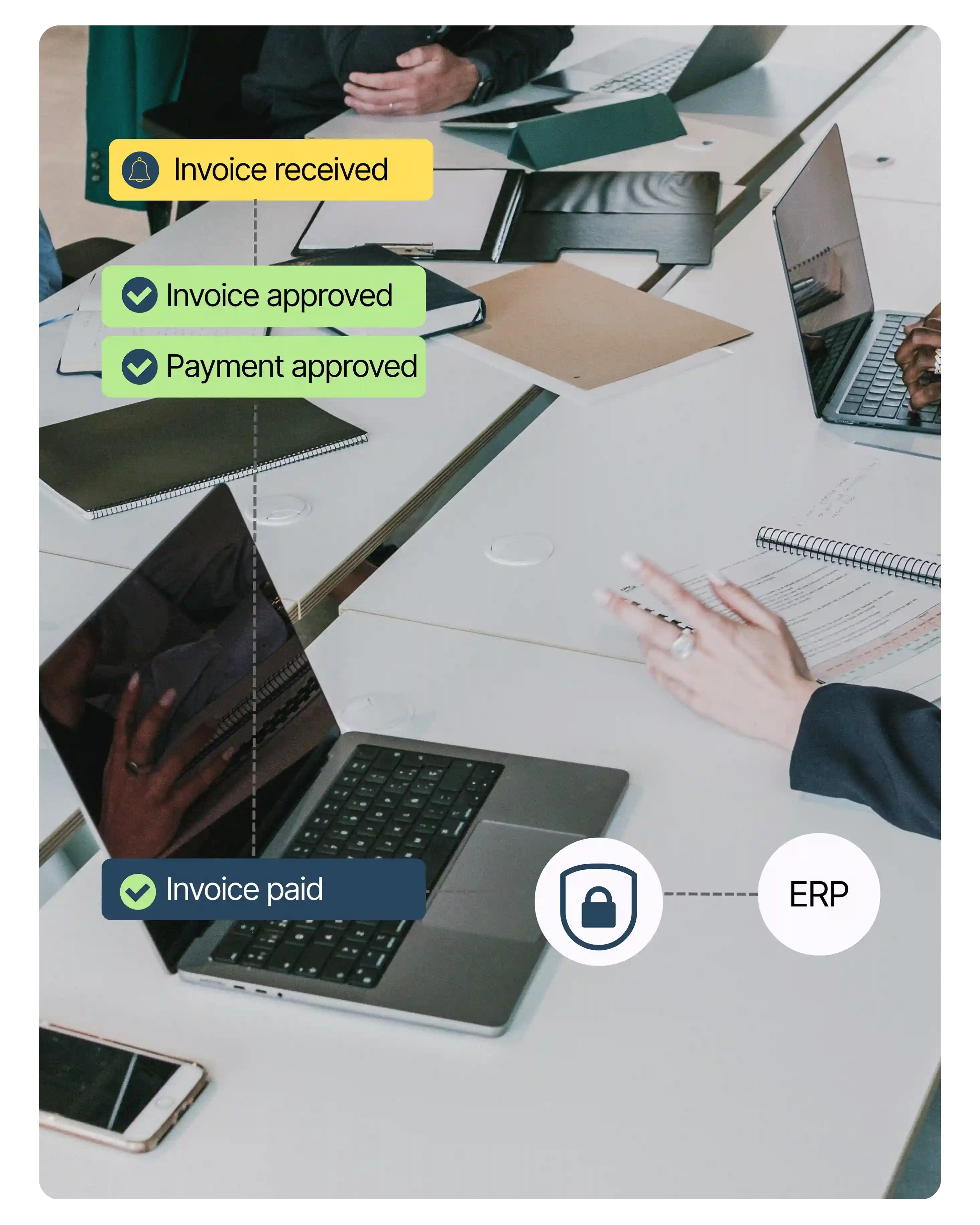© 2025 Dost All rights reserved.

Financial documentation refers to any record, digital or physical, that proves financial activity within an organisation. This includes invoices, receipts, bank statements, contracts, payroll records, and tax submissions.
These documents are the backbone of accurate bookkeeping, auditing, compliance, and financial reporting.
Effective management of financial records delivers essential benefits:
